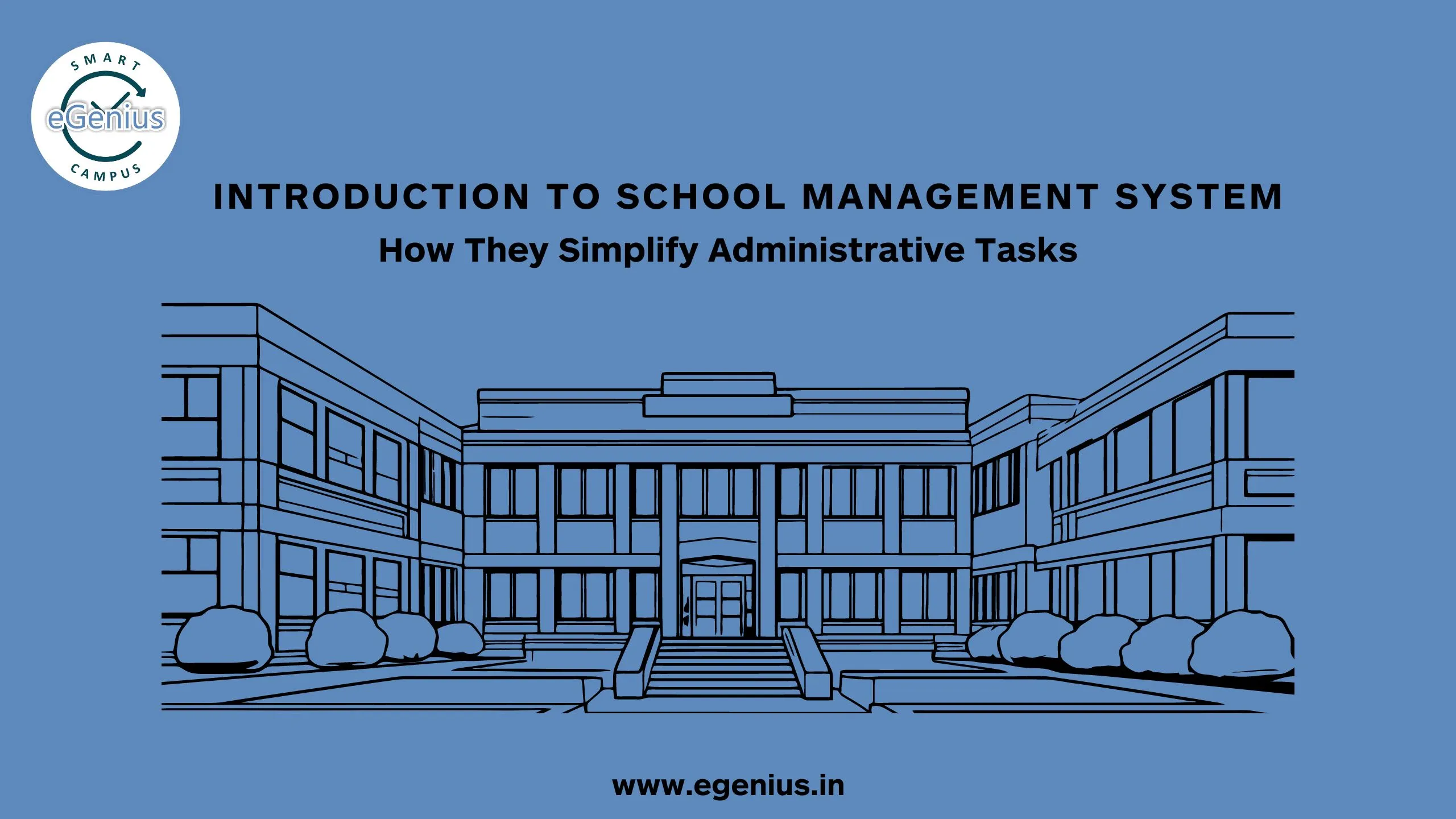Every second counts in the fast-paced area of education. Efficiency is essential in the cyclone of administrative chores, from creating academic programs to monitoring attendance. School Management Systems (SMS) change the face of school administration in this way.
Table of Contents
- What is a School Management System?
- Why do we need such a system?
- How can a School Management System help people?
- Key features distinguish a robust School Management System.
- How does a School Management System work its magic?
- Looking ahead, school management tools have a promising future.
What is a School Management System?
A School Management System streamlines administrative tasks, including communication, grade tracking, attendance, and student information management, into a central system accessible to parents, teachers, students, and administrators.
Why do we need such a system?
The ever-increasing complexity of modern schooling holds the key to the solution. Traditional ways of keeping records and talking to each other are not up to the standards of today’s schools. Technology has created an urgent need for school administration to adopt a more organized and efficient approach.
How can a School Management System help people?
It comes from a lot of various places, from grade schools to colleges. Administrators like the system’s handling of tasks repeatedly, and teachers like how much easier it is to plan lessons and report grades. Parental and student benefits of better contact and quick access to schoolwork include both groups.
Key features distinguish a robust School Management System. These include:
Student Information Management: Storing personal information, academic records, and attendance history about students in one place.
Attendance Tracking: Automated attendance monitoring, reducing the administrative burden on teachers and ensuring accurate record-keeping.
Grade Recording: The process of recording and figuring out grades has been sped up, and teachers can now enter scores straight into the system.
Communication Tools: Integrated instant messaging channels facilitate communication among administrators, teachers, students, and parents. They foster teamwork and openness within the school community
How does a School Management System work its magic?
Stakeholders benefit from user-friendly interfaces designed to simplify daily tasks. Administrators access detailed dashboards to monitor school operations, while teachers manage grades, attendance, and communication. Students and parents easily access academic records, attendance reports, and announcements.
School Management Systems streamline administrative processes, enhancing productivity and efficiency within educational settings. They mitigate issues such as manual data input, delayed communication, and inconsistent information sources, ultimately saving institutions time and money.
Consider the following statistics:
Better Communication: Research indicates that when parents can access real-time academic information through a school management system, 90% feel more engaged in their child’s education.
Effectiveness: Implementing SMS can increase the efficiency of educational institutions by 25%, leading to improved overall performance and more effective resource utilization.
Putting in place a School Management System has many benefits, including:
Efficiency: When routine jobs are done by machines, teachers have more time to teach and guide their students.
Transparency: Real-time access to school information fosters clarity and collaboration among schools, teachers, students, and parents, facilitating effective teamwork within the classroom.
Accuracy: Digitizing data management via SMS decreases human error inherent in manual records, ensuring dependable accuracy.
Parental Engagement: Enhanced communication technologies encourage parents to actively participate in their child’s education journey, leading to higher academic outcomes and student success.
Looking ahead, school management tools have a promising future.
As technology improves, we may see even more advanced features, like the ability to predict how well a student will do in school, personalized learning courses, and easy integration with new educational platforms.
School Management Systems represents a change in basic assumptions in educational administration, offering a holistic answer to the issues confronted by modern schools. SMS lets teachers focus on what really matters: building the minds of future generations. They do this by automating tasks, improving communication, and encouraging openness.
Explore eGenius, your gateway to comprehensive School Management Systems. Uncover how these systems streamline administrative tasks effortlessly. Visit our website to delve into the transformative power of modern school administration solutions. Simplify school management and enhance efficiency with eGenius.















